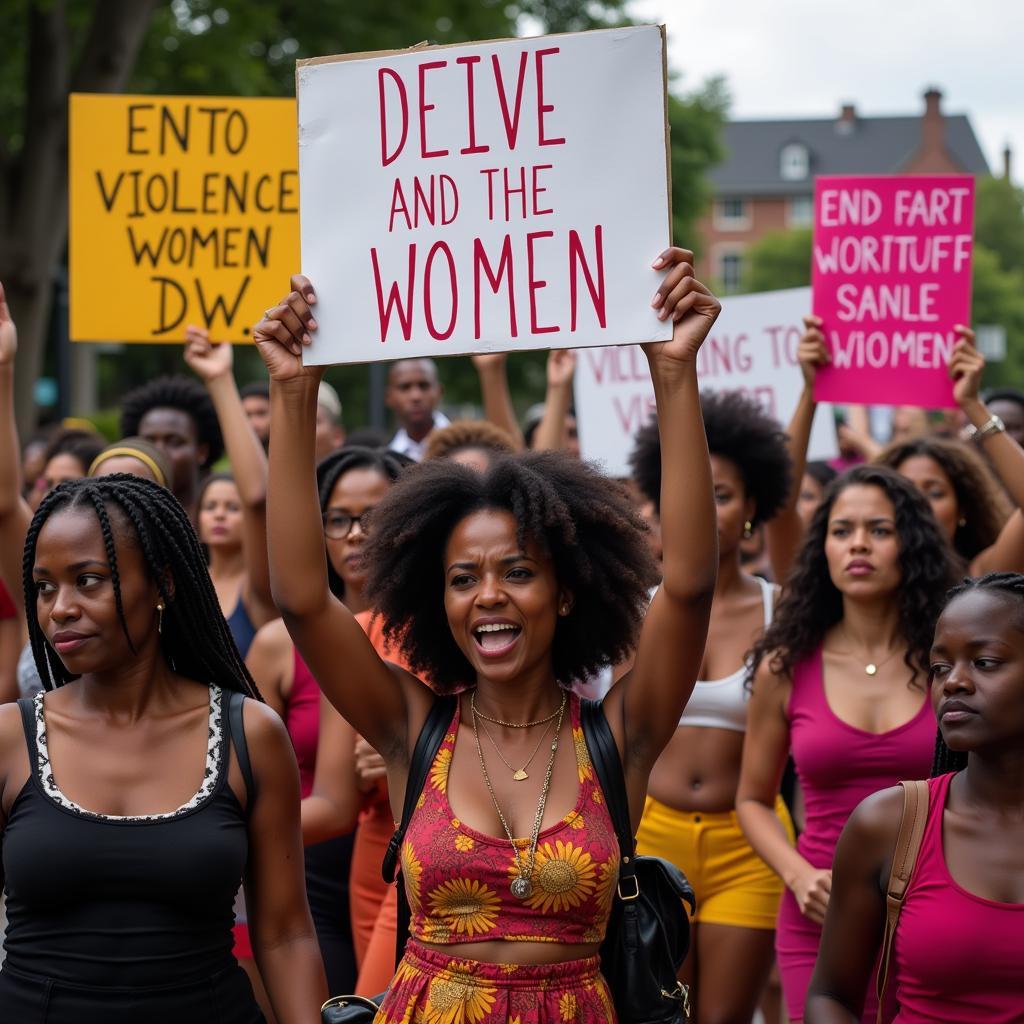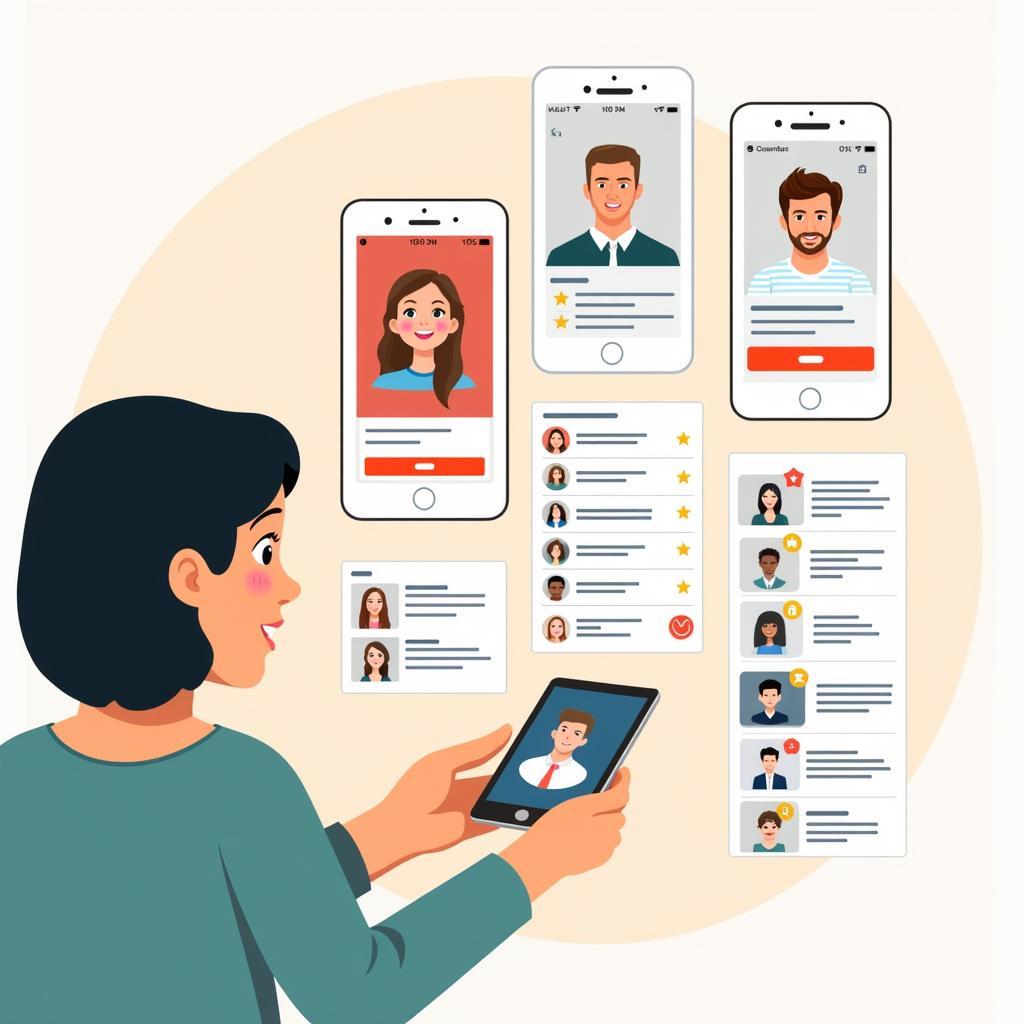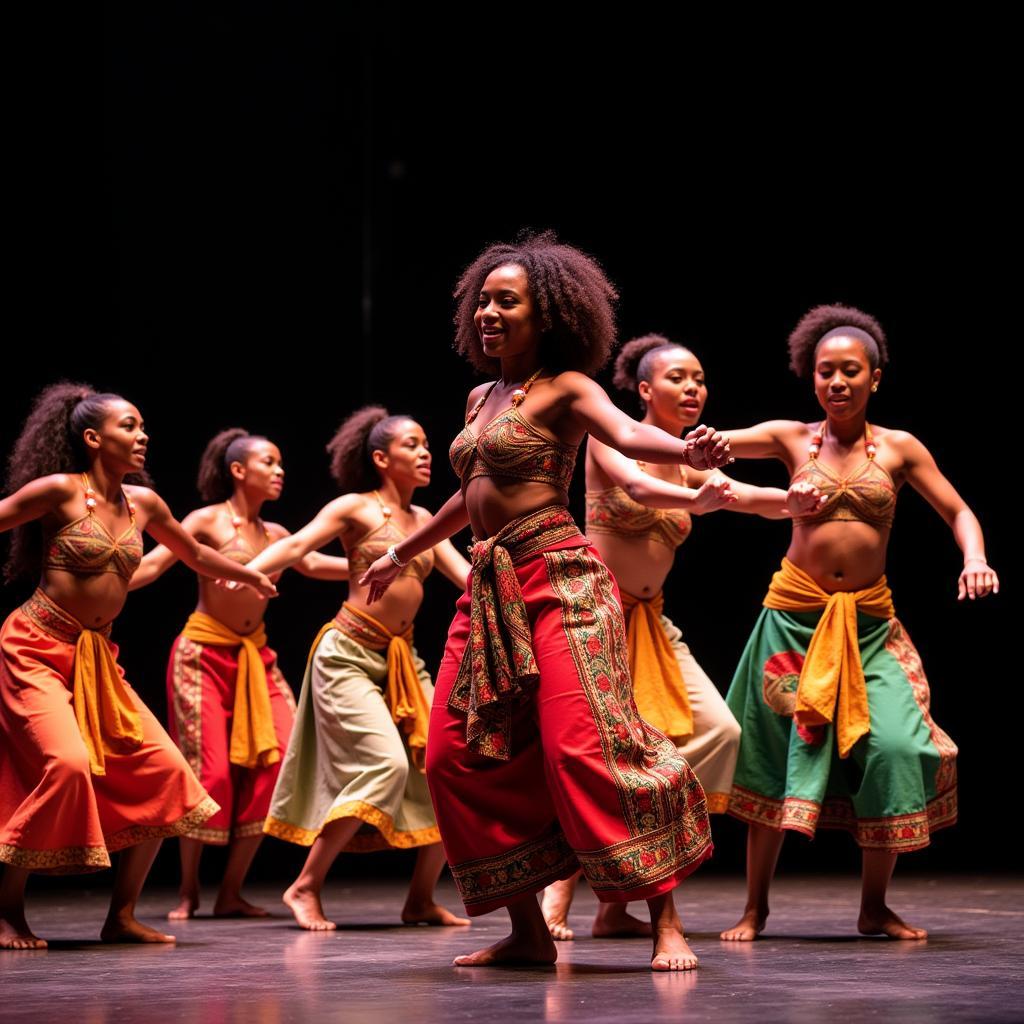The Deep Meaning Behind African Culture Tattoos
African culture is rich in history, traditions, and symbolism, and tattoos are an integral part of many communities across the continent. From ancient tribes to modern times, tattoos have served as a powerful means of self-expression, identity, and storytelling. This article delves into the fascinating world of African Culture Tattoos, exploring their diverse meanings, historical significance, and the artistic practices behind them.
Understanding the Power of African Tattoos
African tattoos are not simply decorative elements; they are deeply intertwined with the spiritual, cultural, and social fabric of communities. They represent a profound connection to ancestry, beliefs, and values passed down through generations. The intricate designs, symbols, and patterns often carry potent meanings that reflect specific tribes, social status, rites of passage, and even the wearer’s personal experiences.
A Journey Through Diverse Traditions:
## Exploring the Tribal Tapestry
Africa is a continent of immense diversity, and each tribe boasts its unique tattoo traditions. The Himba tribe in Namibia uses intricate geometric patterns, while the Masai warriors of Kenya and Tanzania adorn their bodies with bold lines and animal motifs, signifying bravery and strength. The Nuba people of Sudan utilize elaborate geometric designs that symbolize their connection to the land and their ancestors.
## The Art of Storytelling
Tattoos in Africa are often used as a visual language to tell stories. They can recount historical events, significant life moments, or depict ancestral spirits. The Yoruba tribe in Nigeria incorporates a variety of symbols into their tattoos, each carrying a distinct meaning, such as the Ogun symbol, representing iron and warfare.
## Marking Rites of Passage
In many African cultures, tattoos mark significant stages in life, such as puberty, marriage, or the transition to adulthood. For example, the Fulani people in West Africa use elaborate tattoos to distinguish between young girls and adult women.
## Spiritual and Symbolic Meanings
Many African tattoos hold deep spiritual significance. They can represent protection from evil spirits, enhance fertility, or connect the wearer to the divine. The Kanuri people in Nigeria, for example, use tattoos to ward off evil spirits and enhance their connection to the supernatural realm.
## Modern Interpretations of Ancient Art
Today, African tattoos are experiencing a resurgence in popularity. Many young Africans are rediscovering their heritage and embracing traditional tattoo designs as a way to connect with their roots and celebrate their identity. Modern tattoo artists are also incorporating traditional African motifs into their creations, creating unique and innovative designs.
## What Are African Tattoos Like?
### Geometric Patterns:
Geometric designs are a common theme in African tattoos, often featuring circles, squares, triangles, and other intricate patterns. These patterns can represent different elements of the universe, such as the sun, moon, and stars, or symbolize the cyclical nature of life.
### Animal Motifs:
Animal motifs are also prevalent in African tattoos. Lions, elephants, leopards, and snakes are often depicted as symbols of strength, wisdom, and power. These animals often represent ancestral spirits or gods, and their presence in a tattoo can signify a connection to nature and the animal kingdom.
### Tribal Symbols:
Each tribe in Africa has its own unique symbols that are incorporated into their tattoos. These symbols can represent lineage, clan identity, and social status.
## The Art of Tattooing in Africa
### Traditional Techniques:
Traditional African tattooing often uses a variety of methods, such as:
- Hand-tapped needles: This technique involves using a hand-held needle that is dipped in ink and then repeatedly tapped into the skin.
- Bamboo sticks: In some areas, bamboo sticks are used to create tattoos.
- Charcoal and ash: These materials are often used to create temporary tattoos that can last for several days or weeks.
### Modern Practices:
Modern tattoo artists in Africa are now employing electric tattoo machines and using a wider range of inks and pigments. However, many artists still honor traditional techniques and use them to create stunning and meaningful designs.
## The Significance of African Culture Tattoos
### A Legacy of Identity:
African culture tattoos are a powerful symbol of identity and a testament to the enduring legacy of African traditions. They serve as a visual representation of one’s heritage, values, and beliefs.
### A Celebration of Diversity:
The diverse range of African tattoos reflects the rich tapestry of cultures and traditions across the continent. Each design tells a unique story and offers a glimpse into the diverse world of African art.
### An Expression of Individuality:
African tattoos are not only a reflection of culture but also a powerful means of self-expression. They allow individuals to express their unique identities and celebrate their personal journeys.
## A Journey of Discovery
African culture tattoos offer a fascinating glimpse into the history, beliefs, and artistic practices of the continent. As you delve into their intricate meanings and diverse styles, you’ll discover a world of beauty, tradition, and self-expression.
FAQ
1. How safe are African tattoos?
The safety of tattoos depends on the hygiene standards and practices of the tattoo artist. It’s crucial to choose a reputable and licensed artist who uses sterilized equipment and inks.
2. What are some common African tattoo symbols and their meanings?
- The Ankh: This ancient Egyptian symbol represents life, rebirth, and immortality.
- The Eye of Horus: This symbol represents protection, healing, and spiritual insight.
- The Lion: This powerful animal represents strength, courage, and royalty.
- The Elephant: This animal represents wisdom, longevity, and good luck.
- The Snake: This creature can symbolize both danger and healing, representing transformation and rebirth.
3. Where can I get an African culture tattoo?
You can find tattoo artists specializing in African designs in many parts of the world. You can search online or ask for recommendations from friends or family.
4. Can I design my own African culture tattoo?
It’s important to respect the cultural significance of African tattoos. It’s best to work with a tattoo artist who has experience with these designs and can help you create a meaningful and authentic piece.
5. What are the potential downsides of getting an African culture tattoo?
It’s crucial to be mindful of cultural appropriation. It’s essential to research the meaning of the symbols and designs you choose, and to avoid using them disrespectfully or without understanding their cultural context.
6. How long does it take to get an African culture tattoo?
The time it takes to get a tattoo depends on the size, complexity, and style of the design.
7. What are some common misconceptions about African culture tattoos?
One common misconception is that all African tattoos are tribal or represent tribal affiliation. While many tattoos do have a tribal connection, there are also many designs that represent individual stories, experiences, or beliefs.
## Explore More about African Culture:
- African Art:
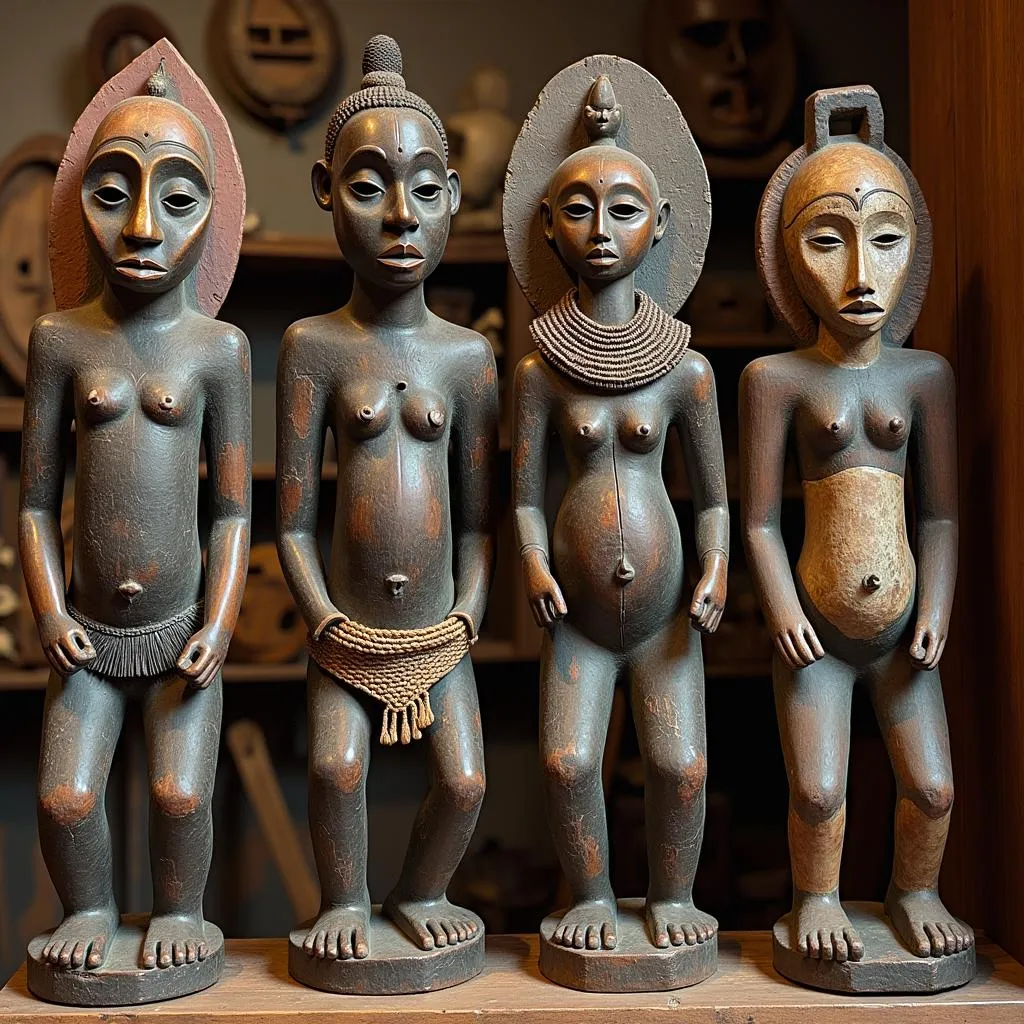 The History of African Art
The History of African Art - African Music:
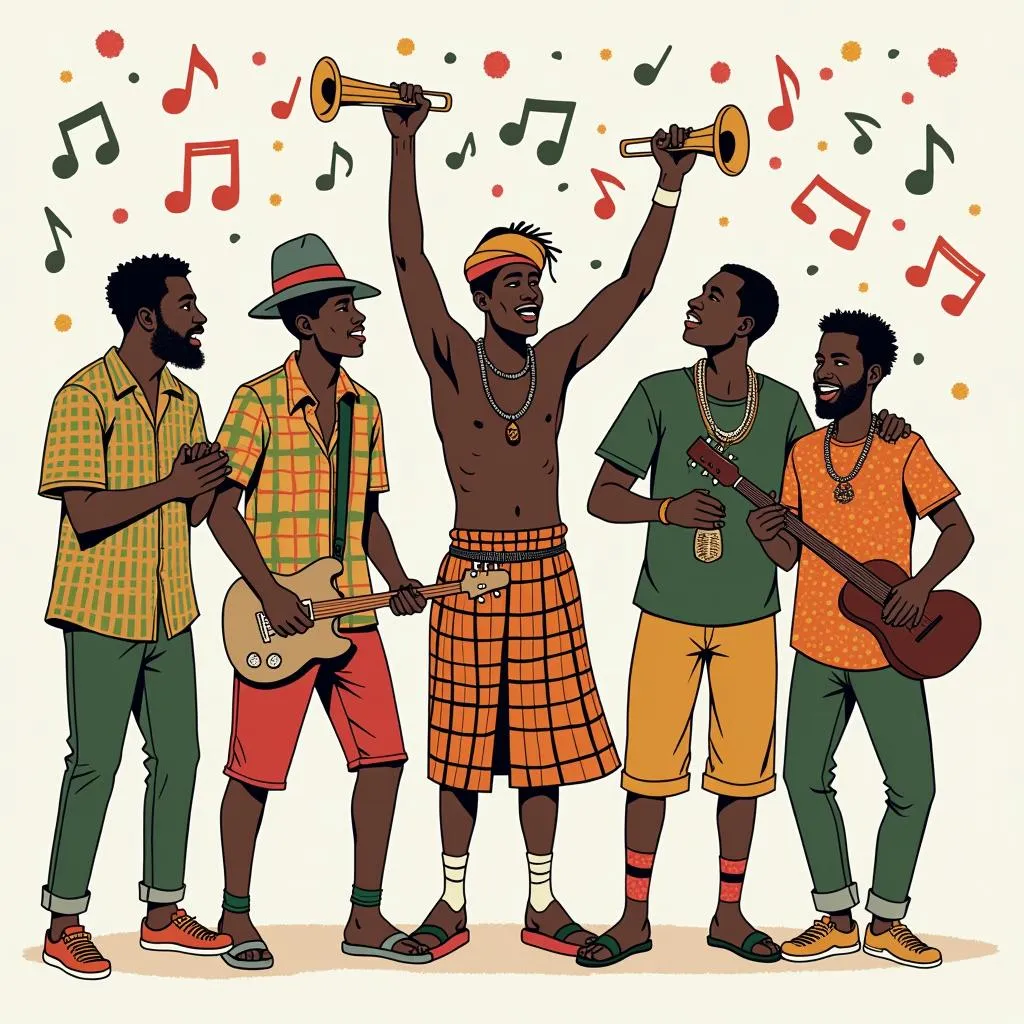 Types of African Music
Types of African Music - African Cuisine:
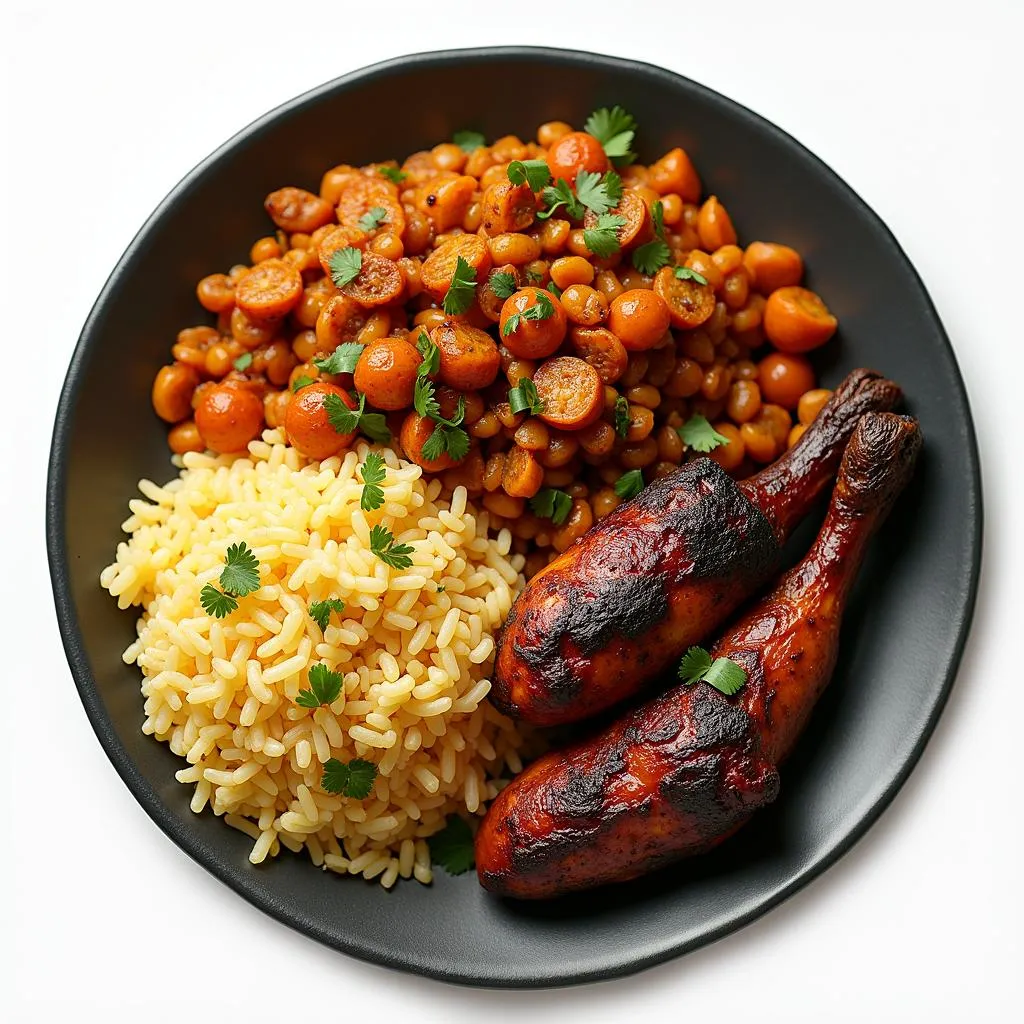 Delicious African Dishes
Delicious African Dishes
## Looking for a Stunning and Meaningful Tattoo?
Contact us today! We have a team of experienced and talented artists who can help you create a beautiful and culturally relevant African tattoo.
Contact Information:
- Phone: +255768904061
- Email: [email protected]
- Address: Mbarali DC Mawindi, Kangaga, Tanzania
We are available 24/7 to assist you with your tattoo journey.
